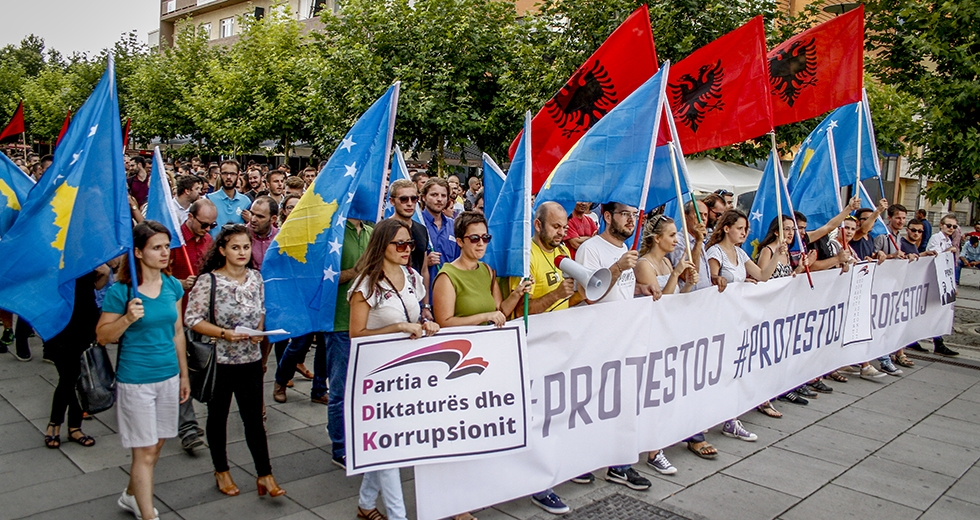
Kosovo and the Balkans united in discontent
Protest movements, whether in Kosovo or the wider region, must address fundamental structural issues in society, argues Artan Sadiku.

Artan Sadiku
Artan Sadiku is a theorist and activist from Skopje with a doctorate in political philosophy. He lectures at the Institute of social sciences and humanities in Skopje, and has written for Macedonian and international journals.
DISCLAIMERThe views of the writer do not necessarily reflect the views of Kosovo 2.0.
This story was originally written in English.